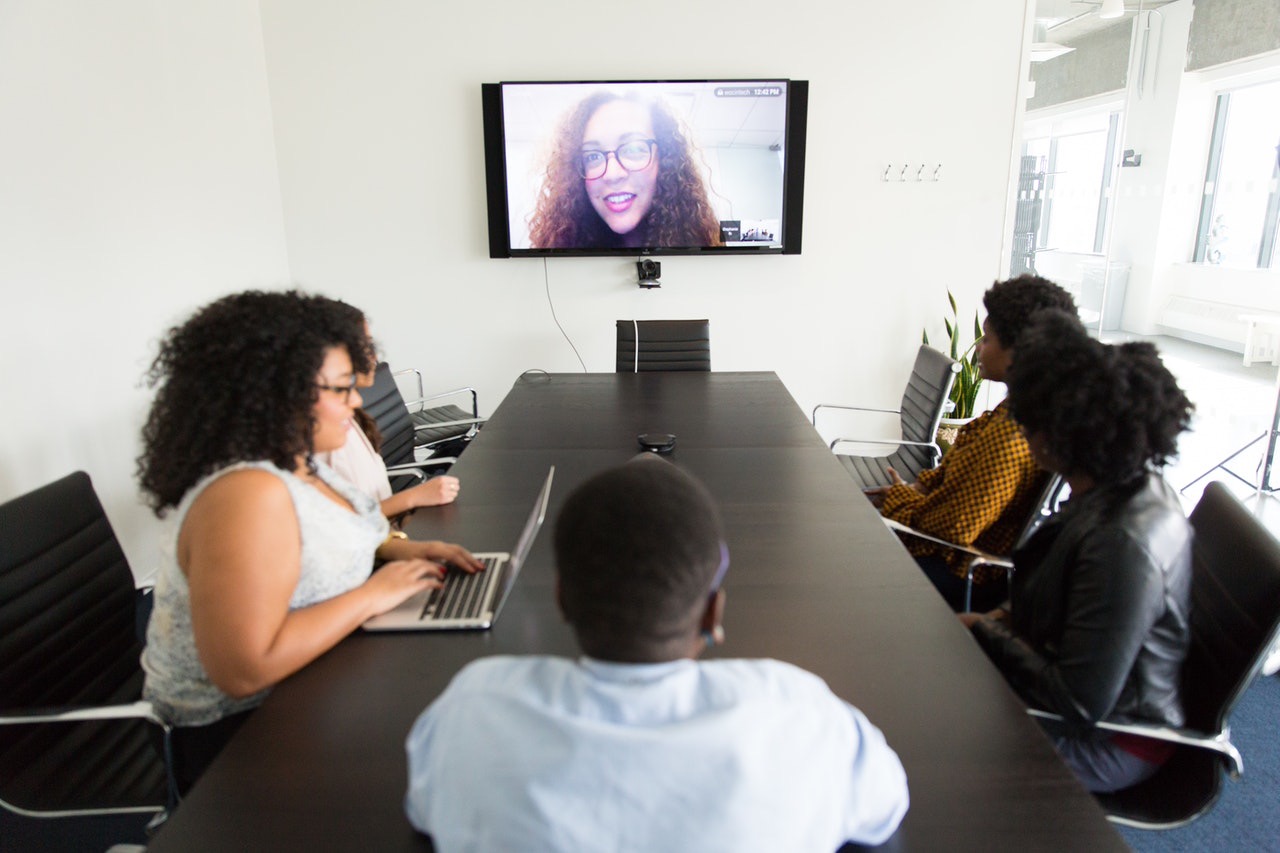Managers and team leaders are the single greatest source of influence on employee engagement, which in turn affects workplace productivity and wellbeing.
Whilst 97 per cent of managers feel they are doing a good job of managing their people, 69 per cent of employees consider their managers to be deficient in their way of managing.
The professional body CIPD recognises that hybrid working brings new challenges for managers that are different from predominantly remote and predominantly office-based working, and recommends that they are given developmental support to enhance their skills in these new ways of leading.
Without deliberate attention to how hybrid working changes team dynamics, those employees who are in the office less often or at a different time than their manager might be severely disadvantaged, for example, missing out on those informal conversations about ‘what’s going on round here’ that often lead to people connecting the dots and generating new ideas. Leaders need to guard against the possibility of ‘proximity bias’ during performance reviews and as they consider team members for new opportunities or promotions.
New team working practices need to be established for hybrid working. Leaders must allow dedicated time for open and honest discussion, and it’s unlikely that a one-off conversation will suffice. In doing so, all team members need to be heard, avoiding the natural tendency for those in the same room to dominate the conversation whilst those attending remotely listen in.
Exploration of the following in a team meeting may be a good place to start:
- How has the team been working in the past few months? What is working well and what are the pain points?
- What are the spoken and unspoken ways of working in the team? What are the challenges of hybrid working for this team?
- What needs to change to support effective hybrid working? What new ways of working does the team want to try out?
- How will the team continue to learn and adapt as they experiment with hybrid working? How will they create an environment in which all team members can openly share what’s working and what’s not for them?
It will take time to settle into a new rhythm of hybrid working that enables effective teamwork. Within the boundaries of the team agreements, individuals will need to work out their own hybrid working arrangements, taking into account their unique personal circumstances and preferences. These early stages will be a period of individual and team experimentation, during which time it becomes essential that leaders help the team to reflect on what they’re learning, to integrate this into ways of working or adapt further. The ability to be dynamic and agile as they navigate these changing times will be key to the success of the team.
As they do so, leaders would do well to consider how they build and maintain trust.
Research shows that when trust is present, people align around the purpose of their team, embrace goals and objectives, willingly collaborate, and are empowered to do their best work. In hybrid teams where there is less opportunity for connection and conflict, it may be easier to avoid issues. Trust therefore needs to be considered more deliberately.
As a complex concept, it may help the team to talk about the specific behaviours that affect trust, which in turn can create stronger bonds between leaders and employees.
Hybrid working is new territory for many leaders, and having a development partner, such as a coach, mentor or peer to think through new approaches may support the leader as they experiment with new ways of leading.
6 morning routine mistakes to avoid that could cost you productivity
There are easy and effective ways to set the right tone from the start of your day.
Mistakes CEOs regret and how to avoid them
Many CEOs look back and wish they had done things differently.
6 steps business leaders must follow to address negative online reviews
Responding to online critics is an effective way of protecting a company’s reputation and building customer loyalty.
Provide feedback and show respect: 5 ways business leaders can steer a young team towards success
Millennials and Gen Z employees are on the rise, and while they are wrongly viewed as ‘unmotivated’ and ‘entitled’, they ...









